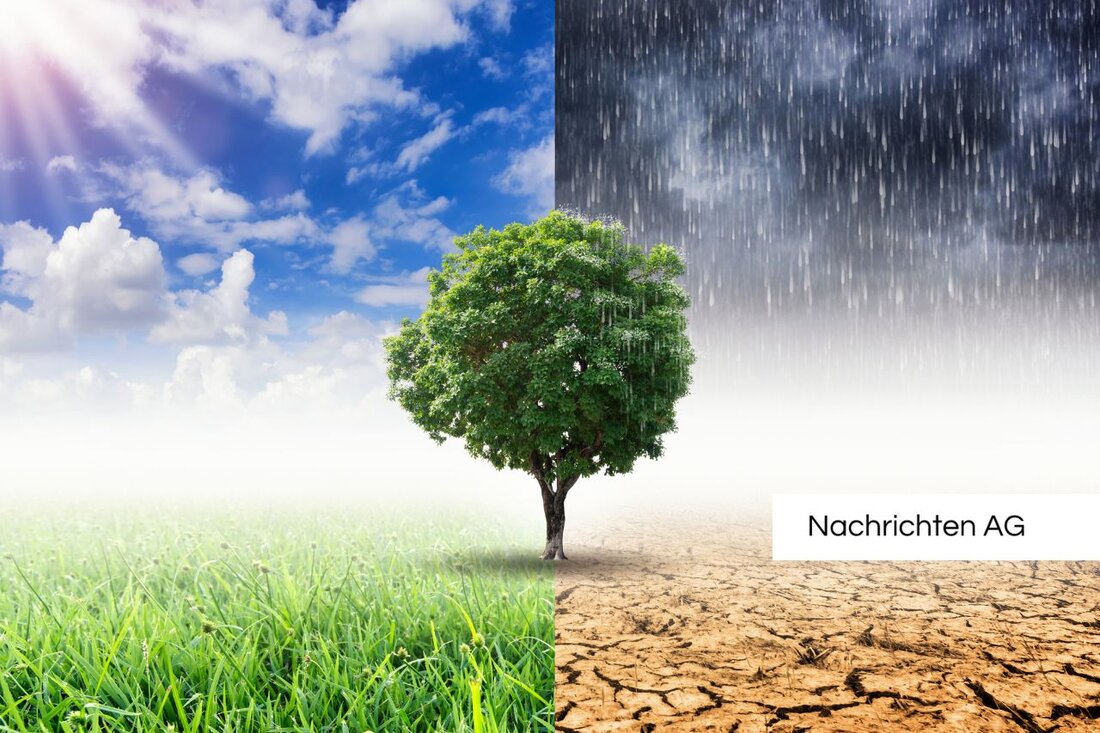Climate protection in focus: Lecture series at the University of Greifswald starts!
The University of Greifswald is organizing a lecture series on climate protection, starting on April 15, 2025, with interdisciplinary lectures.

Climate protection in focus: Lecture series at the University of Greifswald starts!
The University of Greifswald regularly organizes a lecture series on the topic of climate protection on Tuesdays from 4 p.m. to 6 p.m. The lecture on international climate protection law and German climate foreign policy is on the program for April 15, 2025. These events are part of a comprehensive initiative organized by the Institute for Energy, Environmental and Maritime Law (IfEUS). The aim is to stimulate a public and fact-oriented debate about climate protection and to shed light on various aspects of climate change and its legal framework. The series of lectures covers central topics such as achieving the climate goals of the Paris Agreement and the new federal government's plans for the effective implementation of climate protection measures by states and municipalities.
The lectures are interdisciplinary and include elements from the fields of economics, political science and natural sciences. In addition to the start on April 15th, further lectures on the EU climate protection goals and the German climate goals are planned. An important goal of the lecture series is to explain the possibility of taking legal action if goals and measures are not met. The events are open to the public, but participation in person is possible without registration. However, registration is required for digital participants. The venue is the Loefflerstraße campus of the University of Greifswald.
Context: The Paris Agreement
The Paris Agreement (ÜvP), which was adopted in 2015 during the COP 21 climate conference, sets ambitious goals to reduce global warming. It aims to limit global warming to well below 2°C above pre-industrial levels, with the ideal goal of keeping temperature rise below 1.5°C. A central demand of the ÜvP is to reach a global peak in emissions as quickly as possible, followed by drastic emissions reductions. According to the Federal Environment Agency, the contracting states are obliged to update their national climate protection contributions (NDCs) every five years from 2020, taking into account any increase in ambition.
The ÜvP came into force on November 4, 2016 after at least 55 countries, responsible for 55% of global greenhouse gas emissions, ratified it. By 2023, 195 countries had signed the agreement. The first global stocktake to review target achievement took place in 2023, the second is expected for 2026 and should be completed by 2028.
Legal framework and climate change
Another crucial aspect of the ÜvP is transparency, which is set out in a specific framework. Countries are obliged to record their national emissions and publish them regularly. This reporting not only supports the traceability of progress, but also enables comparable analysis between nations. The task of supporting developing countries in climate protection was also integrated into the ÜvP. Industrialized countries are required to provide technological assistance and knowledge transfer in addition to financial support.
The lecture series at the University of Greifswald reflects the important questions and challenges that arise in the context of climate protection and international agreements. By discussing the role of law in climate policy, a crucial contribution is made to raising awareness and understanding of the various mechanisms that are intended to advance climate protection. The contact person for the event is Prof. Dr. Sabine Schlacke from the Institute for Energy, Environmental and Maritime Law.

 Suche
Suche
 Mein Konto
Mein Konto